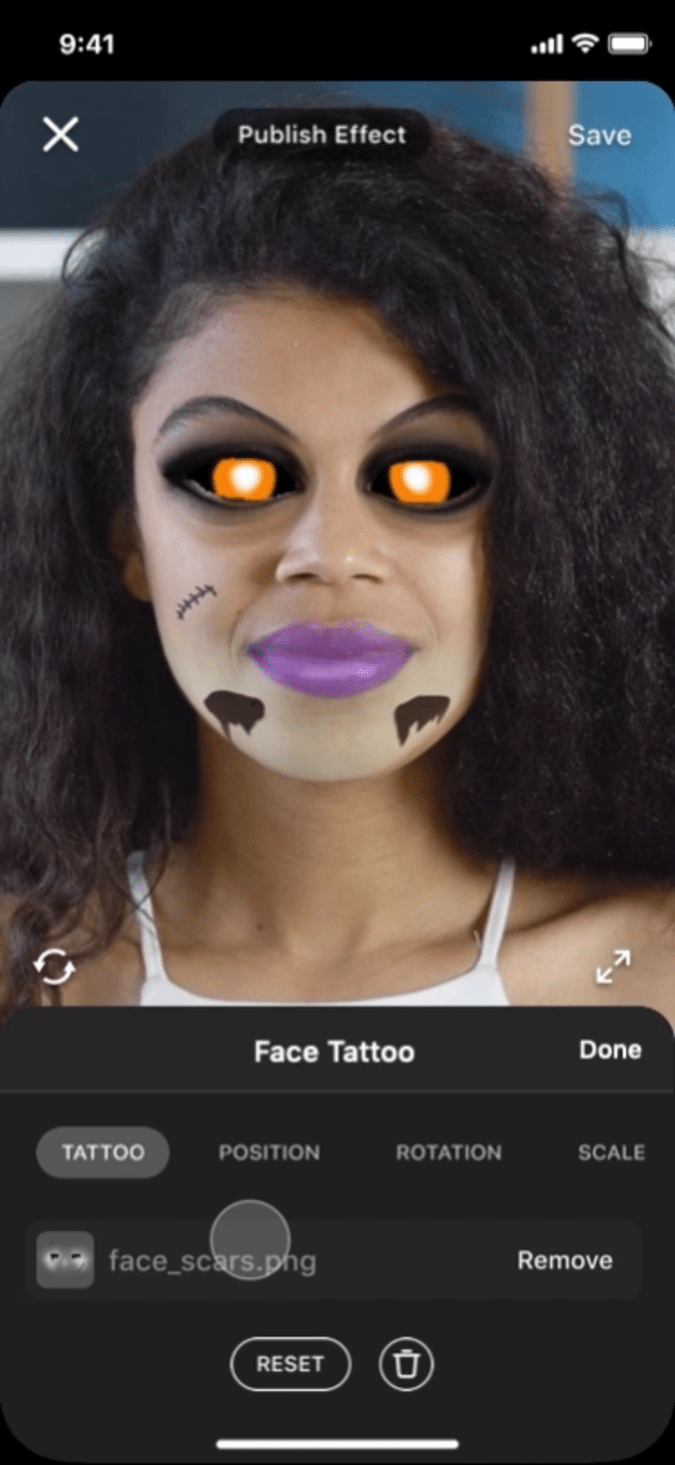Facebook says it doesn’t want to own the metaverse, just jumpstart it
Here’s what Facebook’s metaverse isn’t: It’s not an alternative world to help us escape from our dystopian reality, a la Snow Crash. It won’t require VR or AR glasses (at least, not at first). And, most importantly, it’s not something Facebook wants to keep to itself. Instead, as Mark Zuckerberg described to media ahead of today’s Facebook Connect conference, the company is betting it’ll be the next major computing platform after the rise of smartphones and the mobile web. Facebook is so confident, in fact, Zuckerberg announced that it’s renaming itself to “Meta.”
After spending the last decade becoming obsessed with our phones and tablets — learning to stare down and scroll practically as a reflex — the Facebook founder thinks we’ll be spending more time looking up at the 3D objects floating around us in the digital realm. Or maybe you’ll be following a friend’s avatar as they wander around your living room as a hologram. It’s basically a digital world layered right on top of the real world, or an “embodied internet” as Zuckerberg describes.
Before he got into the weeds for his grand new vision, though, Zuckerberg also preempted criticism about looking into the future now, as the Facebook Papers paint the company as a mismanaged behemoth that constantly prioritizes profit over safety. While acknowledging the seriousness of the issues the company is facing, noting that it’ll continue to focus on solving them with “industry-leading” investments, Zuckerberg said:
Devindra Hardawar/Engadget
“The reality is is that there’s always going to be issues and for some people… they may have the view that there’s never really a great time to focus on the future… From my perspective, I think that we’re here to create things and we believe that we can do this and that technology can make things better. So we think it’s important to to push forward.”
Given the extent to which Facebook, and Zuckerberg in particular, have proven to be untrustworthy stewards of social technology, it’s almost laughable that the company wants us to buy into its future. But, like the rise of photo sharing and group chat apps, Zuckerberg at least has a good sense of what’s coming next. And for all of his talk of turning Facebook into a metaverse company, he’s adamant that he doesn’t want to build a metaverse that’s entirely owned by Facebook. He doesn’t think other companies will either. Like the mobile web, he thinks every major technology company will contribute something towards the metaverse. He’s just hoping to make Facebook a pioneer.
“Instead of looking at a screen, or today, how we look at the Internet, I think in the future you’re going to be in the experiences, and I think that’s just a qualitatively different experience,” Zuckerberg said. It’s not quite virtual reality as we think of it, and it’s not just augmented reality. But ultimately, he sees the metaverse as something that’ll help to deliver more presence for digital social experiences — the sense of being there, instead of just being trapped in a zoom window. And he expects there to be continuity across devices, so you’ll be able to start chatting with friends on your phone and seamlessly join them as a hologram when you slip on AR glasses.

But, of course, the metaverse won’t be built in a day. At Facebook Connect today, the company announced several ways it’s moving towards making it more accessible. For one, Facebook will be transforming the Oculus Quest’s Home interface into “Horizon Home,” a more fully featured environment where you can invite friends and hang out virtually. Eventually, you’ll also be able to build and customize your home space. The Venues app is also becoming “Horizon Venues,” where it’ll continue to serve as Facebook’s prime spot for live virtual events. (The company also says NBA games are coming back to Venues in early November.)
The company is also making a major push for developers: its new Presence Platform offers through APIs that’ll allow devs to make more inventive VR apps. The Insight SDK will let them take advantage of the Quest 2’s cameras to bring the real world into VR; the Interaction SDK opens up the door for more hand-tracking interactions; and the Voice SDK will — you guessed it — let you use your words in more ways.
The Insight SDK, in particular, could reshape what Quest VR experiences could look like. It includes Spatial Anchors, which will let virtual objects persist across sessions in a space. So if you placed a VR pet bunny on your coffee table, it should always be there every time you logged into an app. Additionally, there’s a Scene Understanding feature, which can help developers get a better sense of your physical space. A character talking to you in VR could, for example, wander around your living room without bumping into furniture.

When it comes to augmented reality, Facebook also has plenty of upgrades in store for its Spark AR platform. For one, it’s planning to launch an iOS app called Polar that’ll let people design their own AR effects and objects without any coding. It’s aimed at creators, who could use it to build unique 3D signage or makeup effects that their followers can apply. More experienced devs will also be able to create Geo-anchored objects, which are tied to specific locations in the real world, as well as AR effects that track your hands and body. They can also try out building group video chats for Messenger, something that’ll eventually be supported in other apps.
Like HoloLens and HTC Vive, Facebook plans to make a bigger push into enterprises with Quest for Business. It’s a way for employees to log into Quest 2 headsets with secure work accounts (it’s probably not great for your boss to see how often you’re playing Beat Saber, after all). Since they’re meant for office environments, IT departments will also be able to manage work accounts, specific devices and integrate their own security features. The key is that it’s all going to be accessible on consumer-grade Quest 2 headsets, Facebook won’t have to make entirely new hardware for work environments.
For all the latest Technology News Click Here
For the latest news and updates, follow us on Google News.
